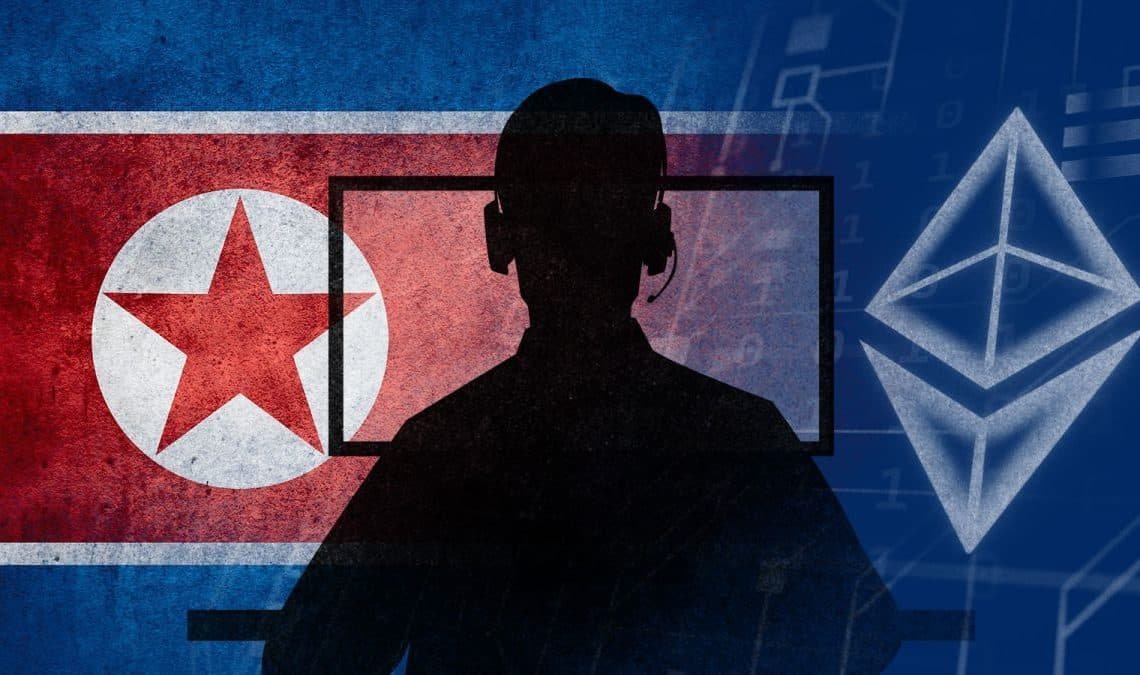A recent report by the United Nations Security Council has shed light on North Korea’s clandestine activities, revealing that nearly half of the country’s foreign currency gains stemmed from cyberattacks, including targeted assaults on cryptocurrency companies.
According to South Korea’s Yonhap news agency, the UN Security Council’s assessment disclosed that North Korea derived approximately 50% of its foreign currency earnings from cyberattacks, with cryptocurrency firms being a prime target.The UN report, which analyzed 58 suspected cyberattacks on crypto-related entities spanning from 2017 to 2023, unveiled staggering losses amounting to $3 billion caused by North Korean hacking activities.
These ill-gotten funds were subsequently funneled into financing approximately 40% of North Korea’s expenditures on developing weapons of mass destruction, as outlined in the report.
While the UN’s findings do not carry direct punitive measures, they serve as a basis for potential future actions, including the imposition of additional sanctions on North Korea, as indicated by Japan’s Nikkei news outlet.
The revelations from the UN report corroborate earlier estimates provided by the United States last year. In June, a senior official from the Biden administration revealed that roughly half of North Korea’s foreign currency revenue was generated through cyberattacks.
Key North Korean-backed hacker groups, including Lazarus and Kimsuky, have been identified as the perpetrators behind several major cryptocurrency exploits. Notable incidents include the high-profile hacks on platforms like Harmony, Stake.com, and Coincheck. These hacker groups often utilize cryptocurrency mixers to obscure the origins of illicitly obtained funds, complicating efforts to trace and combat their activities.
As the global community grapples with the growing threat posed by cyber-enabled financial crimes, the UN report underscores the urgent need for coordinated efforts to strengthen cybersecurity measures and mitigate the impact of malicious actors on the digital economy and international security.









